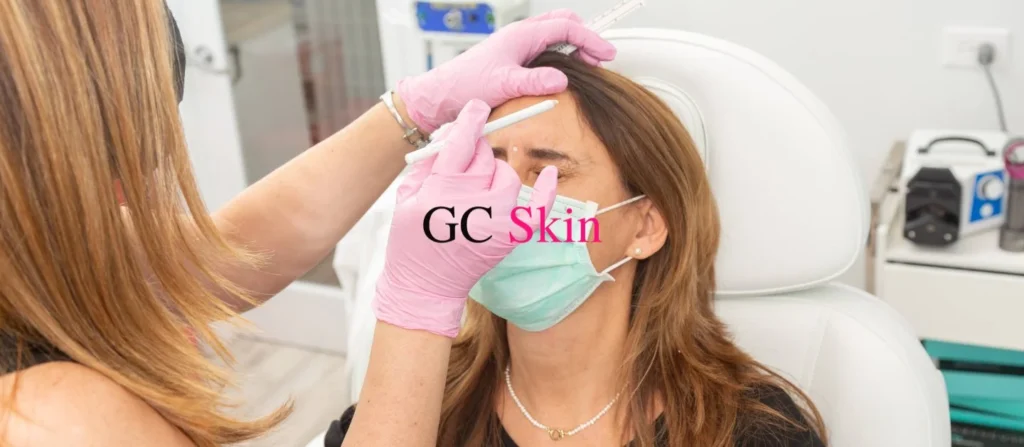Botox resistance refers to a condition in which an individual no longer responds to the effects of Botox injections. Botox is a popular injectable cosmetic treatment that contains botulinum toxin, a substance that temporarily paralyzes the muscles that cause wrinkles and fine lines.
There are several factors that may increase the risk of developing Botox resistance. These include:
- Repeated treatments: Individuals who have received multiple Botox injections over an extended period of time may develop resistance to the toxin.
- High dose injections: Receiving high doses of Botox during each treatment may increase the risk of developing resistance.
- Incorrect storage or handling of Botox: Improper storage or handling of Botox can affect the potency of the toxin, which may increase the risk of developing resistance.
- Prior exposure to botulinum toxin: Individuals who have been exposed to other forms of botulinum toxin, such as those used to treat medical conditions like dystonia or spasticity, may be at increased risk of developing Botox resistance.
- Antibody formation: Some individuals may develop antibodies against Botox, which can reduce the effectiveness of the treatment.
Over time, some individuals may develop a reduced sensitivity to Botox due to the development of antibodies against the toxin. This can lead to a diminished response to Botox injections and may require higher doses or more frequent treatments to achieve the desired effect.
In some cases, switching to a different type of botulinum toxin injection or using a different treatment approach may be necessary to address Botox resistance. You can consult us if you are experiencing Botox resistance or have concerns about your response to Botox treatments.









